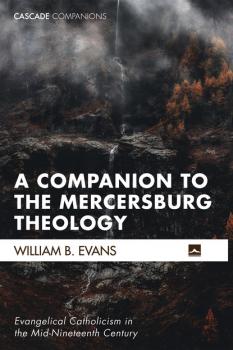ТОП просматриваемых книг сайта:















Cascade Companions
Скачать книги из серии Cascade CompanionsАннотация
Аннотация
Информация о книге
Автор произведения Hannah Hunt
Жанр Документальная литература
Серия Cascade Companions
Аннотация
Информация о книге
Автор произведения Paul R. Hinlicky
Жанр Религия: прочее
Серия Cascade Companions
Аннотация
Информация о книге
Автор произведения Jacob E. Van Vleet
Жанр Религия: прочее
Серия Cascade Companions
Аннотация
Аннотация
Информация о книге
Автор произведения Andrew Zack Lewis
Жанр Документальная литература
Серия Cascade Companions
Аннотация
Аннотация
Информация о книге
Автор произведения Olli-Pekka Vainio
Жанр Афоризмы и цитаты
Серия Cascade Companions
Аннотация
Информация о книге
Автор произведения Robert Cady Saler
Жанр Документальная литература
Серия Cascade Companions
Аннотация
Информация о книге
Автор произведения James F. McGrath
Жанр Документальная литература
Серия Cascade Companions










